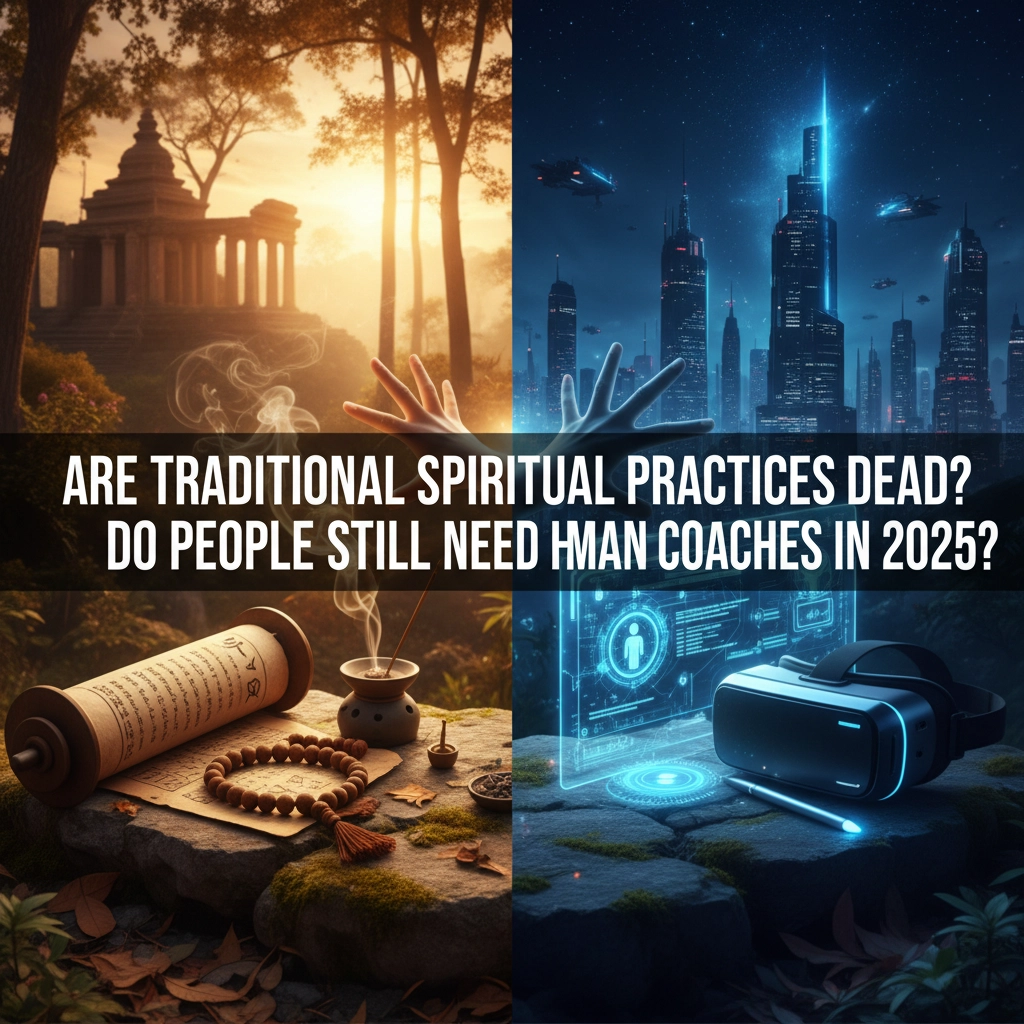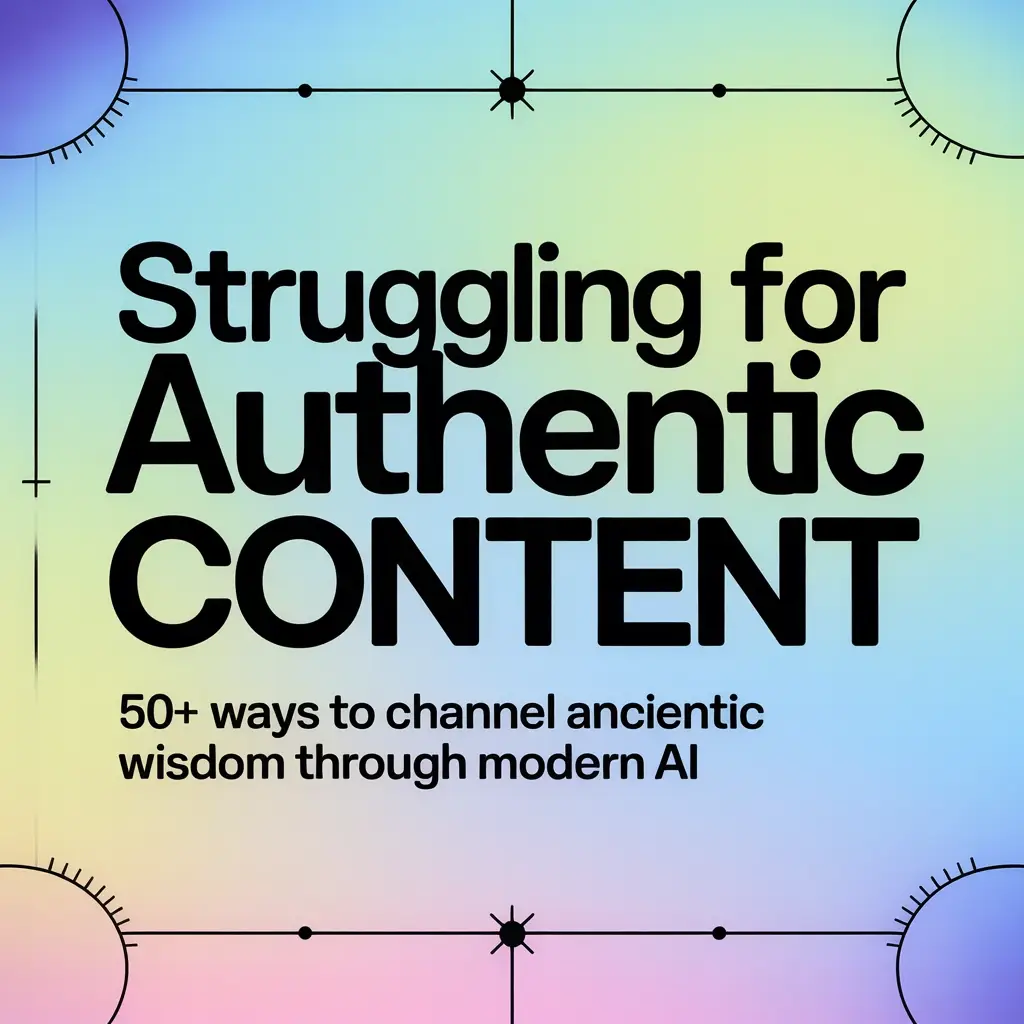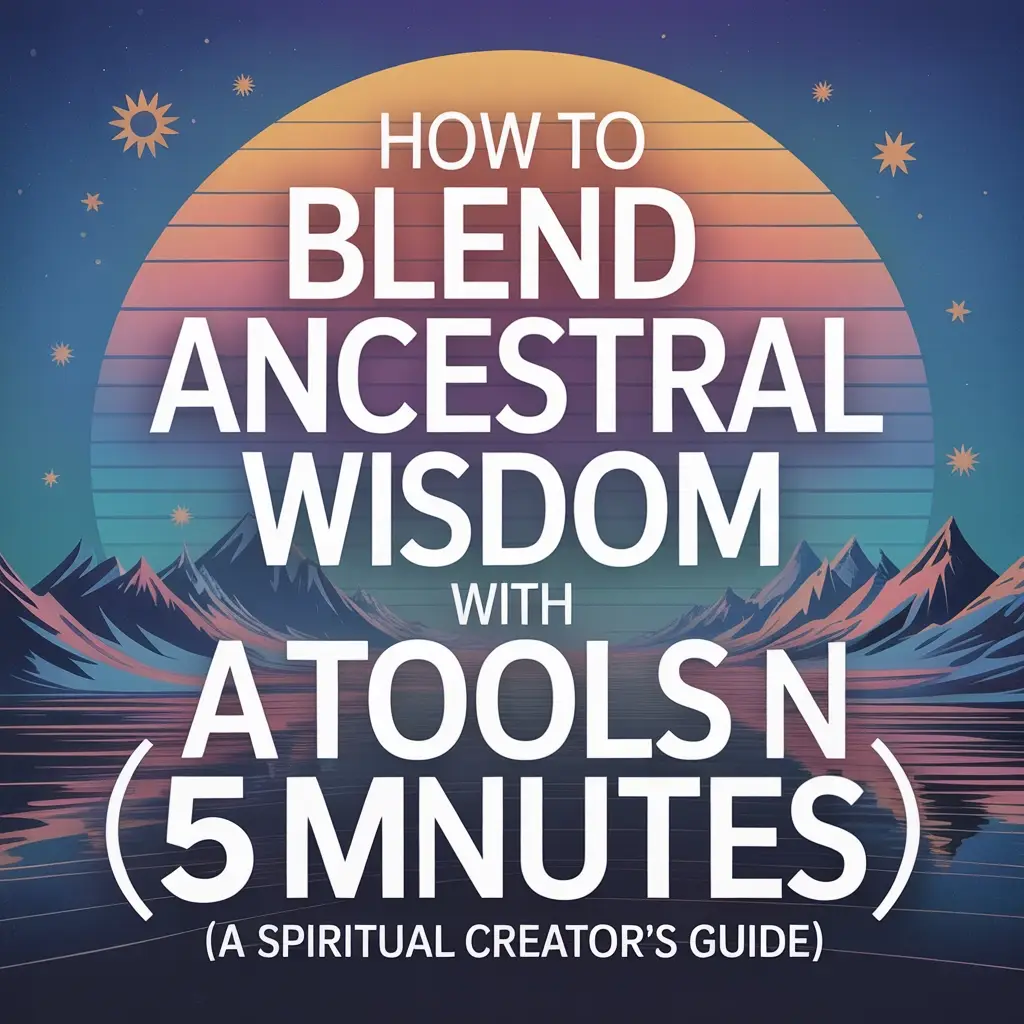Traditional spiritual practices continue in 2025. They have transformed rather than disappeared. Human coaches remain necessary but require different approaches than previous methods.
Current State of Spiritual Practices
Spiritual practices show growth patterns in 2025. One in three Millennials uses digital applications for spiritual activities. This represents a shift toward technology-enhanced rather than technology-replaced practices.
Traditional rituals serve as tools for resilience and meaning-making. Workplace environments now incorporate ritualized routines. These practices improve psychological safety by 27 percent and increase team engagement.
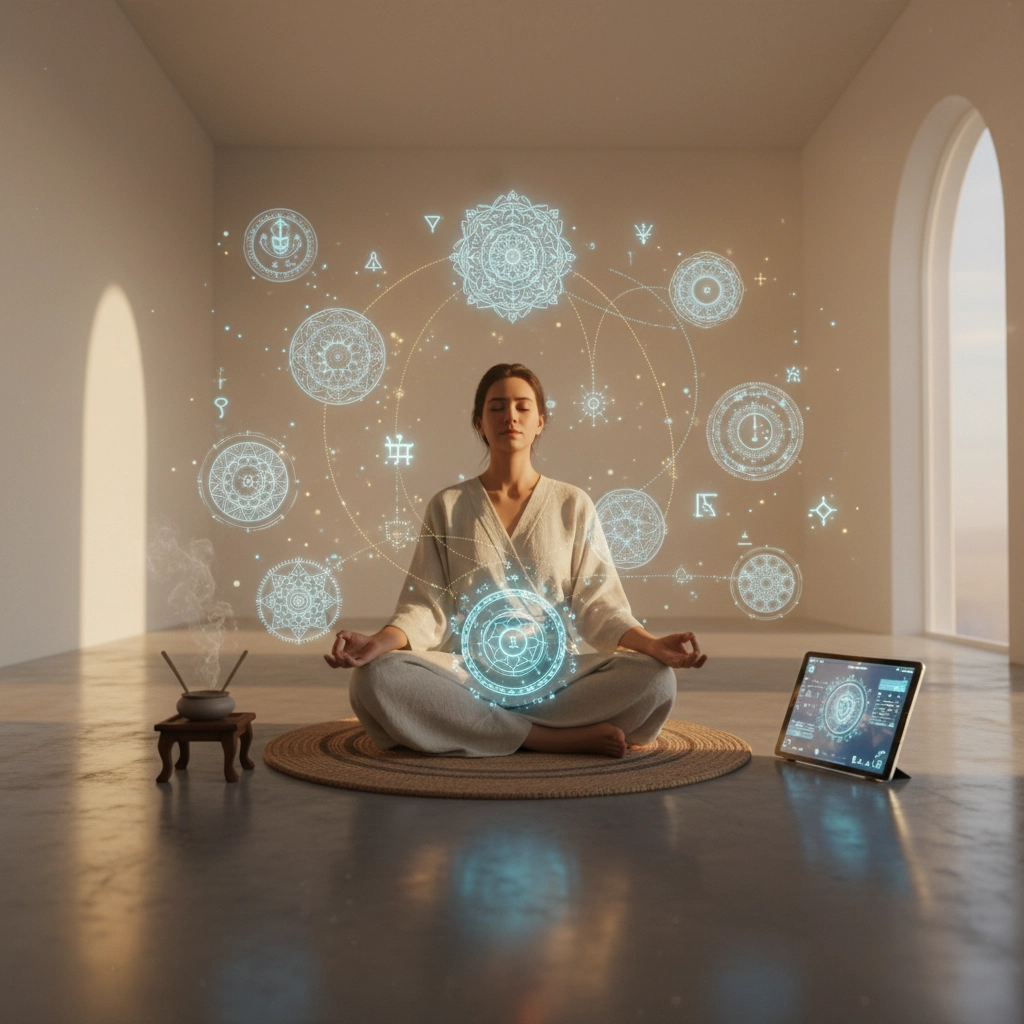
The spiritual landscape extends beyond single religious doctrines. Individuals create personalized approaches combining multiple traditions. Common elements include meditation, nature-based spirituality, energy healing, and practices like astrology or tarot reading.
Technology Integration Methods
Virtual reality platforms offer immersive spiritual experiences. Users participate in rituals, meditations, and gatherings from remote locations. These digital spaces replicate physical community aspects while maintaining accessibility.
Tech-augmented spirituality provides personalized engagement options. Platforms customize content based on user preferences and spiritual goals. This approach maintains traditional foundations while adapting delivery methods.
Ancient healing practices experience renewed interest through modern integration. Ayurveda, Traditional Chinese Medicine, and herbalism combine with contemporary scientific understanding. Practitioners blend traditional methods with current research findings.
Coaching Industry Transformation
The coaching industry maintains a $15 billion global value. Traditional approaches prove insufficient for current client needs. Clients understand their patterns but remain unable to implement lasting changes.

Mindset-only coaching methods show limited effectiveness. Clients have completed standard exercises and read relevant materials. Surface-level interventions fail to address underlying issues where behavioral patterns exist.
Effective coaching now targets nervous system and body-level interventions. Patterns exist at physiological levels requiring specialized approaches. Coaches must address these foundational elements for sustainable client outcomes.
Hybrid Practice Models
Integration represents the primary trend in spiritual and coaching services. Practitioners combine ancient wisdom with modern scientific methods. This approach addresses both physical and spiritual client requirements.
Daily micro-rituals provide mental anchors during uncertain periods. These practices significantly reduce anxiety levels and improve emotional regulation. Implementation requires minimal time investment while producing measurable results.
Mental health rituals gain workplace acceptance. Companies implement intentional practices for shared meaning and team cohesion. These structured approaches create belonging and improve organizational culture metrics.

Effectiveness Measurements
Digital spiritual applications show user engagement statistics. Regular practice correlates with improved wellbeing indicators. Users report decreased stress levels and increased life satisfaction scores.
Body-based coaching demonstrates superior outcomes compared to traditional methods. Clients experience lasting behavioral changes rather than temporary improvements. Success metrics include sustained habit formation and reduced relapse rates.
Community elements remain important for spiritual practice effectiveness. Virtual experiences supplement but cannot fully replace in-person connections. Balanced approaches combine digital convenience with human interaction opportunities.
Implementation Strategies
Individuals seeking spiritual development should evaluate multiple approaches. Start with established practices that align with personal values. Add technology tools to enhance rather than replace core activities.
Consider practitioner qualifications when selecting coaching services. Look for training in nervous system approaches and body-based interventions. Traditional mindset-only coaches may provide limited long-term value.
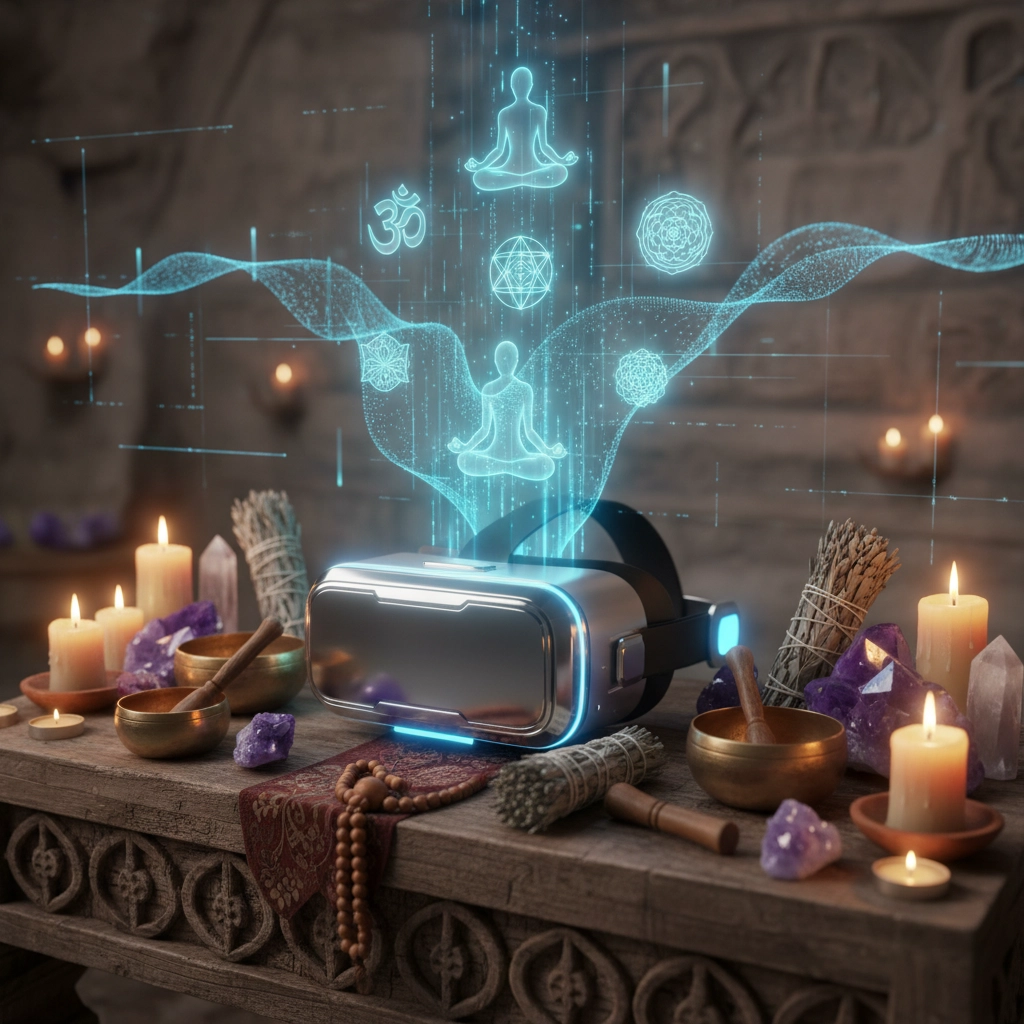
Create structured daily practices combining ancient and modern elements. Morning routines might include meditation with app guidance. Evening practices could involve journaling with digital tracking tools.
Selection Criteria
Evaluate spiritual platforms based on community features and content quality. Free trials allow testing before commitment. Regular practice tracking helps measure personal effectiveness.
Choose coaches with specialized training beyond basic certification programs. Ask about approaches to nervous system regulation and body-based interventions. Request client success stories demonstrating lasting change outcomes.
Research ancient practices before integration attempts. Understand cultural contexts and proper implementation methods. Seek guidance from qualified teachers when exploring unfamiliar traditions.
Future Considerations
Spiritual practice evolution continues through technology advancement. New platforms will offer enhanced immersive experiences. Artificial intelligence may provide personalized guidance systems.
Coaching effectiveness will depend on practitioner adaptation to current client needs. Surface-level approaches will become obsolete. Successful coaches will develop specialized skills addressing foundational behavioral patterns.
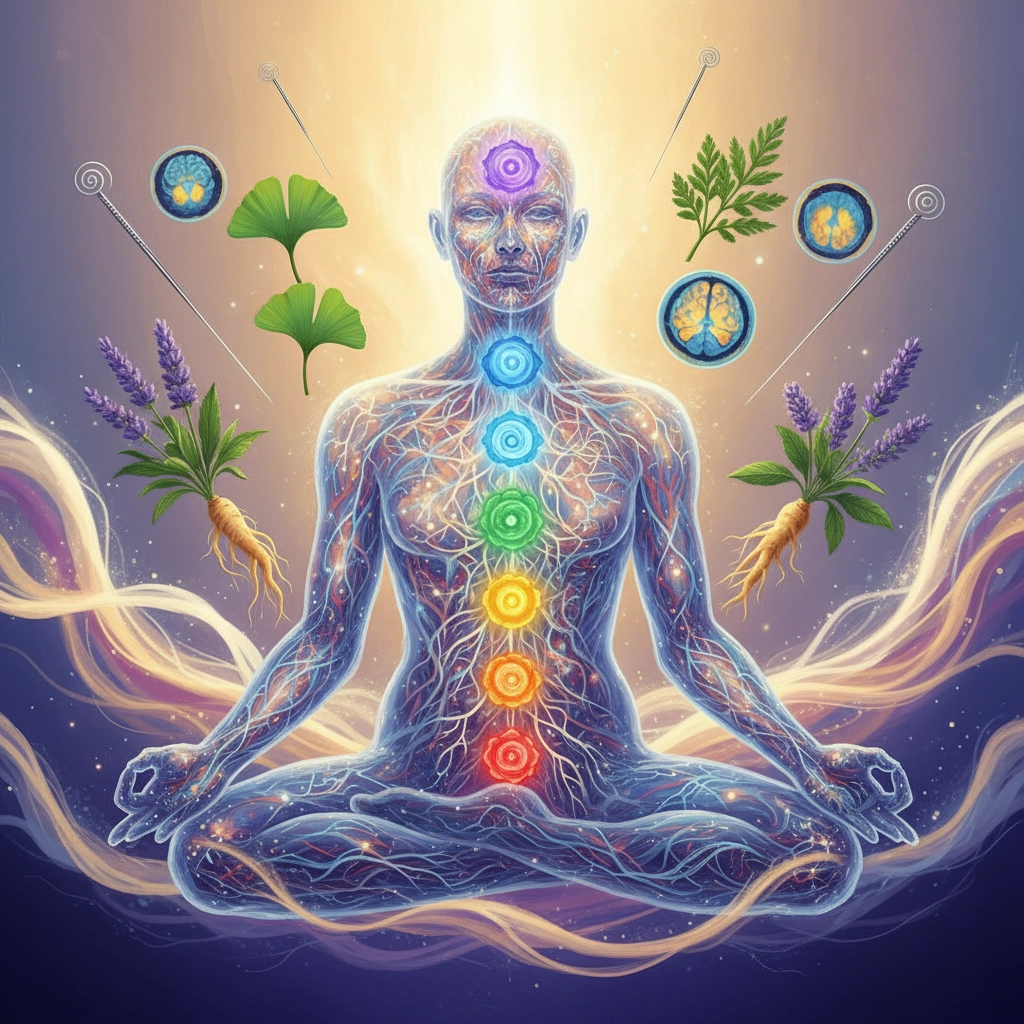
Integration approaches will expand as both fields develop. Spiritual practices will incorporate more scientific validation. Coaching methods will include traditional wisdom elements for comprehensive client support.
Practical Applications
Begin spiritual exploration through established digital platforms. Many offer free introductory content and community features. Progressive engagement allows gradual integration into existing routines.
Select coaches based on specific training credentials rather than general experience claims. Interview potential providers about their approaches to lasting behavioral change. Request information about their success rate statistics.
Combine individual practice with community involvement for optimal results. Online groups provide convenience while local meetups offer deeper connection opportunities. Balanced engagement supports sustained spiritual development.
Traditional spiritual practices and human coaching both continue in 2025 through evolutionary adaptation. Technology enhances rather than replaces these services. Success requires integration approaches that honor both ancient wisdom and current scientific understanding. Individuals benefit from evaluating options based on effectiveness metrics rather than traditional assumptions about spiritual or coaching practices.

